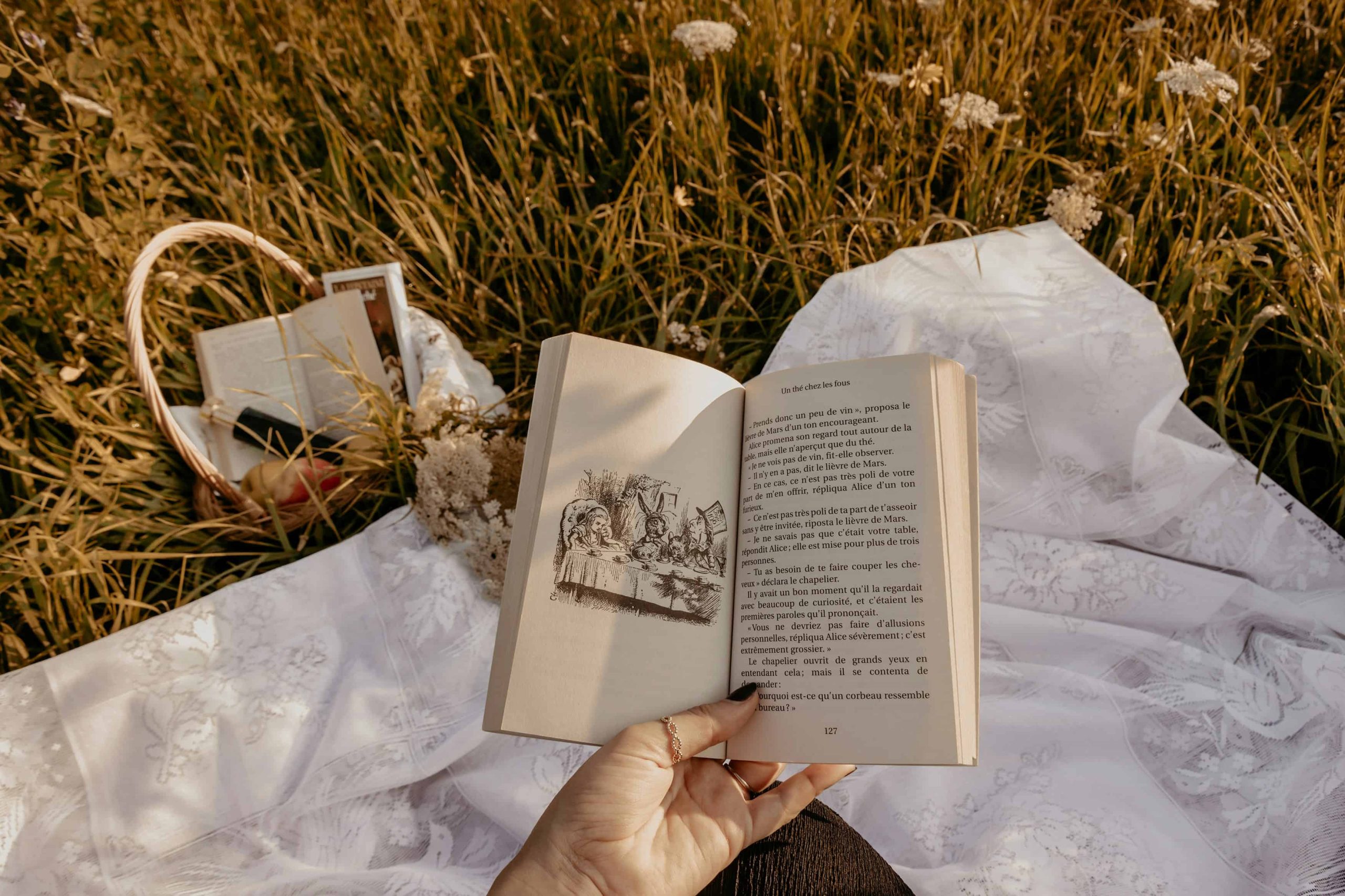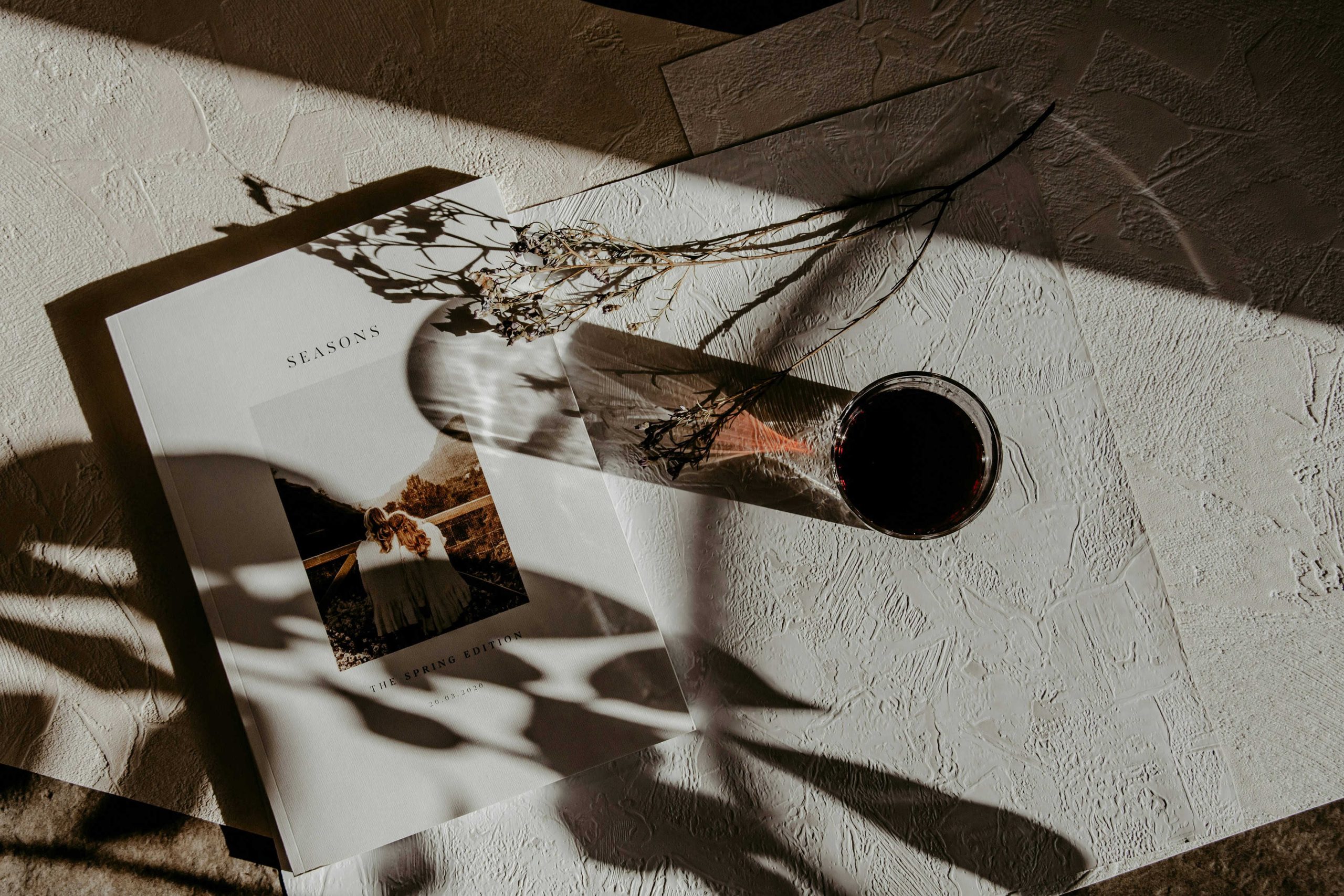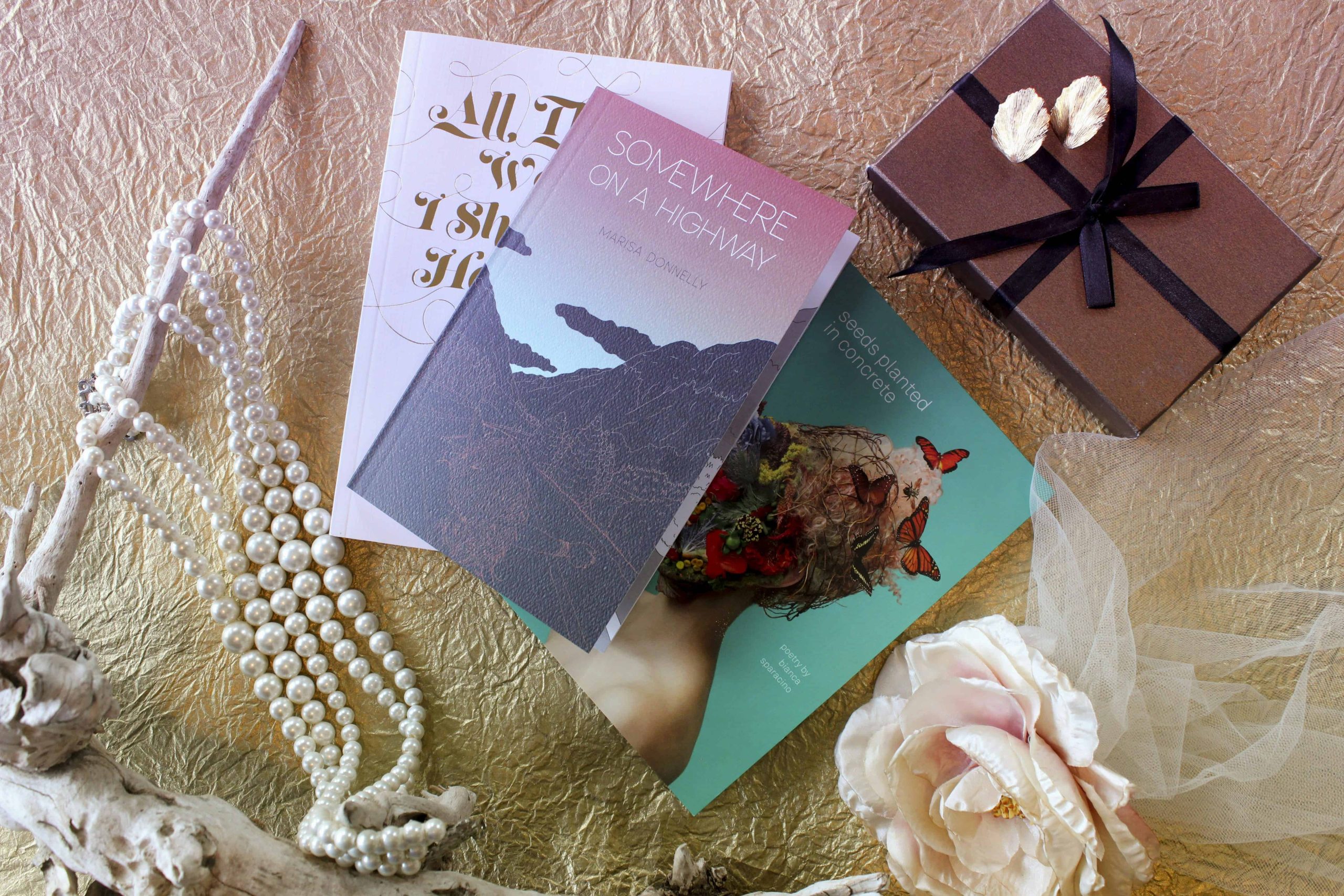Betina Lobo – Redefining Portuguese Poetry

The Evolution of Poetic Styles in 2025
Poetry has long been a powerful means of human expression, transcending time and culture to communicate emotions, stories, and ideas. As an art form, poetry has continuously evolved, reflecting societal changes and shaping cultural discourse. From ancient oral traditions to contemporary digital poetry, poetic styles have mirrored shifts in human civilization.
This article explores the evolution of poetic styles across different historical periods, examining how they have been influenced by cultural, philosophical, and technological developments. Understanding these changes provides insight into how poetry continues to adapt and thrive in an ever-changing world.
Early Poetic Traditions
Ancient Poetic Forms
The earliest known poetry can be traced back to oral traditions, where stories and histories were passed down through generations in verse form. Ancient civilizations such as Mesopotamia, Egypt, India, and China developed poetic traditions that were deeply intertwined with their cultural and religious beliefs. Epic poetry, such as the Epic of Gilgamesh from Mesopotamia and the Mahabharata from India, served as both entertainment and a means of preserving historical and mythological narratives.
Connection to Society
These early poetic forms were often performed in public gatherings and played a crucial role in reinforcing collective identities and cultural values. In many cases, poetry was used for rituals, ceremonies, and even governance, with rulers commissioning poets to document their reigns and achievements.
Poetry as Historical and Cultural Preservation
Ancient poetry often contained allegorical and moral lessons, helping to shape societal norms. The use of rhythmic and repetitive structures ensured ease of memorization, making poetry an effective medium for preserving oral histories long before the advent of writing systems.
Classical and Medieval Poetry
Classical Civilizations: Greece and Rome
Greek and Roman poetry laid the foundation for many poetic traditions that followed. In Greece, poets such as Homer and Hesiod crafted epic narratives that explored themes of heroism, fate, and the divine. Roman poets like Virgil and Ovid refined poetic techniques, introducing elaborate meters and themes of love, war, and mythology.
The Influence of Religion and Philosophy
Medieval poetry was heavily influenced by religious and philosophical thought. The rise of Christianity and Islam introduced new themes centered on morality, devotion, and the human relationship with the divine. Works such as Dante’s Divine Comedy and The Canterbury Tales reflect both religious devotion and social critique.
Formal Structures and Themes
Medieval poets adhered to strict poetic structures, such as sonnets, ballads, and allegories. Courtly love, chivalry, and the moral struggles of humanity were recurring themes in medieval poetic works.
Renaissance and Enlightenment Poetry
Humanism and Individualism
The Renaissance saw a shift toward humanist ideals, where poets began to explore individual experience and emotions. Poets like Petrarch and Shakespeare experimented with form and language, leading to the development of the modern sonnet.
The Impact of Science and Reason
During the Enlightenment, poetry was influenced by the rise of rationalism and scientific inquiry. Poets like Alexander Pope and Voltaire used poetry as a medium for satire and intellectual discourse.
Development of New Poetic Forms
New poetic forms such as blank verse and heroic couplets emerged, allowing for greater freedom in expression while still maintaining structured elegance.
Romantic Poetry
Emotion, Nature, and Imagination
The Romantic period marked a departure from rationalism and embraced emotion, intuition, and nature. Poets like William Wordsworth and Lord Byron emphasized personal experience and the beauty of the natural world.
Reaction Against Industrialization
Romantic poetry often critiqued industrialization, highlighting the loss of connection to nature and the mechanization of human life. Poets championed individualism and the sublime in nature.
The Rise of the Individual Voice
Romantic poets believed in the power of personal expression, which paved the way for more introspective and subjective poetic works.
Modern and Postmodern Poetry
Experimentation and Fragmentation
Modern poetry saw a break from traditional forms, embracing free verse and experimental structures. Poets like T.S. Eliot and Ezra Pound challenged poetic conventions, introducing fragmented narratives and unconventional syntax.
The Impact of War, Technology, and Social Change
The 20th century brought two world wars, technological revolutions, and social upheaval, all of which deeply influenced poetry. Themes of existentialism, disillusionment, and the questioning of reality became prevalent.
The Blurring of Traditional Forms
Postmodern poetry pushed boundaries even further, incorporating elements from popular culture, multiple perspectives, and nonlinear storytelling. The works of poets like Allen Ginsberg and Sylvia Plath reflected these themes.
Contemporary Poetry
The Diversity of Poetic Styles and Movements
Contemporary poetry encompasses a vast array of styles, from spoken word and performance poetry to digital and visual poetry. Social media has revolutionized the way poetry is created and consumed, with platforms like Instagram and TikTok giving rise to “Instapoets.”
The Influence of Globalization, Technology, and Social Justice
Globalization has allowed for cross-cultural poetic exchanges, leading to a fusion of styles and perspectives. Poets today tackle pressing issues such as climate change, racial inequality, gender identity, and political activism.
The Future of Poetry
The digital age presents both opportunities and challenges for poets. While accessibility has increased, the ephemeral nature of online content raises questions about the longevity of contemporary poetry. Despite this, poetry continues to adapt, proving its resilience as an art form.
Recent Posts
Categories
- Art Poetry Connection
- Emotional Poetry Insight
- Imaginative Poetic Expression
- Love in Poetry
- Modern Poetic Trends
- Nature-Inspired Poetry
- Personal Growth Poetry
- Poetic Emotional Impact
- Poetic Journey
- Poetic Memory Exploration
- Poetry for Personal Growth
- Poetry Human Experience
- Poetry Therapy Benefits
- Poetry's Reflective Power
- Poetry’s Social Impact
- Reflective Poetic Techniques
- Spiritual Poetry Exploration
- Traditions
Conclusion
Poetry in 2025 stands as a testament to the enduring power of human expression. From ancient oral traditions to contemporary digital poetry, it has continuously evolved, reflecting cultural shifts, philosophical ideas, and technological advancements. Today’s poetry is more diverse, accessible, and global than ever, blending tradition with innovation. While digital platforms offer new ways to reach audiences, they also raise questions about the permanence of poetic works. Nevertheless, poetry’s ability to adapt ensures that it will remain a vital force in shaping and responding to the world’s ever-changing narratives.
Key Takeaways
- Poetry as a Reflection of Society – Throughout history, poetry has evolved alongside cultural, philosophical, and technological shifts, serving as a mirror of human civilization.
- Ancient Poetic Traditions – Early poetry was rooted in oral traditions, often used for historical preservation, religious rituals, and social cohesion, with epic works like The Epic of Gilgamesh and The Mahabharata shaping early literary expression.
- Classical and Medieval Influence – Greek and Roman poetry laid the groundwork for structured poetic forms, while medieval poetry incorporated religious themes, allegories, and moral lessons, solidifying poetry as a tool for both storytelling and social critique.
- Renaissance and Enlightenment Transformations – The Renaissance introduced humanism and individualism in poetry, while the Enlightenment period saw poetry engage with rationalism, satire, and intellectual discourse, giving rise to new poetic forms like blank verse and heroic couplets.
- Romanticism and Individual Expression – Romantic poets emphasized nature, imagination, and personal emotion, often reacting against industrialization and championing individualism in their works.
- Modern and Postmodern Experimentation – The 20th century brought radical changes to poetry, with modernists like T.S. Eliot and Ezra Pound embracing free verse and fragmented structures, while postmodern poets further blurred traditional forms through nonlinear storytelling and cultural references.
- Contemporary Poetry’s Digital Evolution – Today’s poetry is more diverse than ever, spanning spoken word, performance, and digital poetry, with social media platforms revolutionizing accessibility and audience engagement.
- Globalization and Social Justice in Poetry – Contemporary poets explore themes of globalization, technology, climate change, and social activism, using poetry as a means of political and cultural expression.
- The Future of Poetry – While digital platforms offer new opportunities for poetic expression, they also raise concerns about the longevity of modern poetry in an era of fleeting online content. Despite this, poetry continues to evolve, maintaining its relevance in a rapidly changing world.
Frequently Asked Questions
How has technology influenced the evolution of poetry in 2025?
Technology has transformed poetry by expanding its forms and accessibility. Digital platforms, AI-generated poetry, and social media have enabled poets to experiment with interactive, visual, and performance-based poetry. While this has democratized the art form, it also raises questions about authenticity, longevity, and the impact of algorithm-driven content.
What are the key themes in contemporary poetry today?
Contemporary poetry explores themes such as social justice, climate change, identity, and globalization. Poets engage with pressing issues, using diverse styles like spoken word, multimedia poetry, and online activism. This era embraces cross-cultural influences, allowing poetry to be a tool for both personal expression and societal critique.
How does modern poetry differ from traditional poetic forms?
Modern poetry often breaks from rigid structures, favoring free verse, fragmented narratives, and experimental syntax. Unlike traditional forms like sonnets or epic poetry, modern works prioritize individual expression, ambiguity, and nonlinear storytelling. Postmodern and contemporary poetry further blur artistic boundaries, integrating popular culture and digital media.
Are you feeling overwhelmed, lost, or burdened by emotions? Poetry might be the therapeutic outlet you’ve been searching for, allowing you to channel your thoughts and find clarity through the art of words.
Quick Links
Newsletter
Be the first to know about upcoming events, promotions, and industry news by subscribing to our newsletter today!



